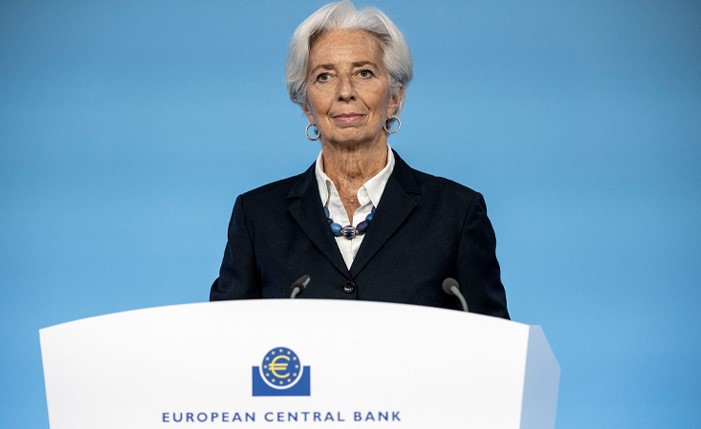European Central Bank’s (ECB) president said on Wednesday that interest rates will remain high enough to restrict business activity for “as long as necessary” to beat back inflation.
Christine Lagarde explained by saying that upward pressure on prices “remains strong” in the 20 countries that use the euro currency.
She further said “strong spending on holidays and travel” and increasing wages were slowing the fall in price levels even as the economy stays sluggish.
Annual inflation rates in the eurozone eased only slightly from 5.2 percent in July to 5.3 percent in August.
Speaking to the European Parliament’s committee on economic and monetary affairs, Lagarde said: “We remain determined to ensure that inflation returns to our 2 percent medium-term target in a timely manner,”
“Inflation continues to decline but is still expected to remain too high for too long.”
Last week, the ECB decided to raise its benchmark deposit rate to an all-time high of 4 percent after a record pace of rises from minus 0.5 percent in July 2022.
Analysts think the ECB may be done raising rates given signs of growing sluggishness in the European economy.
Meanwhile, other central banks, including the Bank of England and the U.S. Federal Reserve, held off on rate increases last week as they are coming closer to the end of their rapid hiking campaigns.
Lagarde said interest rates are now high enough to make a “substantial contribution” to lowering inflation if “maintained for a sufficiently long duration.” The ECB sees inflation falling to an average of 2.1 percent in 2025 after reaching a record-high 10.6 percent in October.
Higher rates are central banks’ chief weapon to curb excessive inflation. They influence the cost of credit throughout the economy, making it more expensive to borrow for things such as home purchases or building new business facilities.
That decreases demand for goods and, in return, inflation rates but also risks restraining economic growth.
The ECB’s rate increases have triggered a sharp slowdown in real estate deals and construction, which are highly sensitive to credit costs, and put an end a yearslong rally in eurozone home prices.
Lagarde said the economy “broadly stagnated” during the first six months of the current year and incoming data points to “further weakness” in the July-to-September quarter. She cited ECB expectations that the economy will pick up as inflation falls, giving people more spending power.


